The Fatu Hiva Monarch is not as well-known as its cousin, the Tahiti Monarch, but i’s existence is even more threatened. It lives on Fatu Hiva, a remote island which is part of the Marquesas Archipelago, 1500 km from Tahiti. There are now just 25 adults left in the world and as few as 5 fertile pairs. Its survival totally depends on controlling predator threats to the birds and nests in the valleys where it lives.
This bird is also almost completely dependent on BirdLife’s French Polynesia partner, Société d’Ornithologie de Polynésie (SOP MANU) and the local community. The programme is lead locally by the islander Arthur Matohi, SOP Manu’s employee on the island who is assisted by 2 local staff members. They have worked on the project since 2012. SOP Manu ecologists Thomas Ghestemme and Caroline Blanvillain are responsible for management of the birds in the valleys they inhabit. The field work is challenging because of the steep terrain and the dense humid vegetation of the valleys.
There is some good news – 2014 saw the best chick production ever with 8 young fledged compared with 6 in 2013 and 2 in 2012. These improved results (the best since the programme started in 2008) are attributed to the predator control which increased by 24% in 2014.

The bad news is a number of unmated and mature individuals left the safety of the managed area resulting in a decrease in the total known population from 29 to 25 adults. Luckily 90% of all Fatu Hiva Monarch live within the areas managed by SOP Manu where the population increased slightly between 2007 and 2014 (11 to 19 birds) and was stable between 2013 and 2015.
A key part of the programme involves increasing awareness of nature by the children and working with a Site Support Group. Supporting the community to develop sustainable income sources is important especially because the valleys where the Monarch live are owned by local landowners. Through this 28 of the land owners have undertaken bee-keeping training in Fatu Hiva. The number of hives has increased from 58 to 131. Three inhabitants have been trained to protect Fatu Hiva Monarch and 6 landowners started to replace banana trees with fruit trees near the rivers. A recreational pathway has been managed in Omoa valley for farmers and tourists. In 2014, 32 tourists visited monarchs in Fatu Hiva. Through the Site Support Group, cat sterilization in the village has been carried out for the last 3 years by SOP Manu veterinarian Caroline Blanvillain.
The mission to save this species from extinction is very challenging. It is a tiny population that is barely viable and relief in the form of translocation to a predator free island is currently not possible. In 2015, high predation by feral cats occurred because there simply weren’t the resources to increase cat control. Collaboration with Island Conservation in October 2015 will assist SOP Manu in refining the feral cat control to further improve its effectiveness. In bringing additional expertise and new techniques to the predator control, it is hoped that rats, feral cats and other introduced predators can be controlled to sufficiently low levels in maintaining a population within this sanctuary while an island is also cleared of introduced predators in providing a permanent solution to the recovery of this critically endangered bird.
But the big issue is resources. Some local organisations have made donations including (Aranui Charter boats, Chinloy, Océanie Pneu and Hanavai. 11 private donors have sponsored banded birds but a big increase in resources is the only way to save this species.
We know it can be done and it would be criminal to lose this wonderful bird.
This article was first published by BirdLife International on 30 Oct 2015.
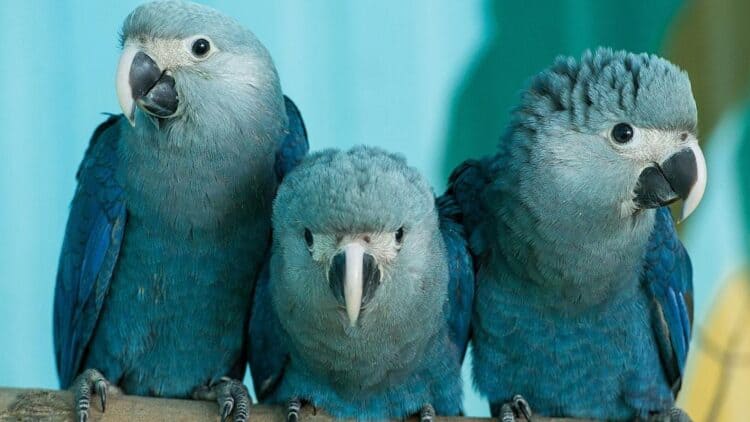
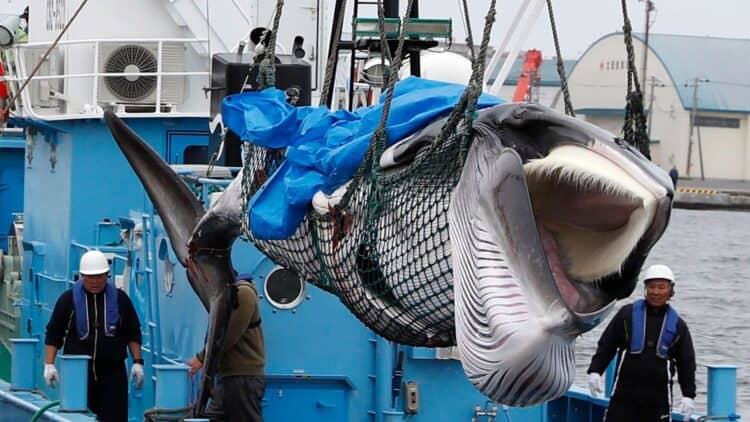
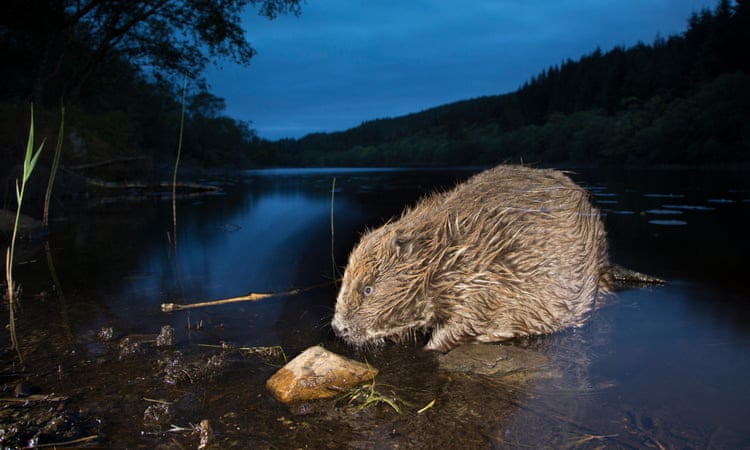
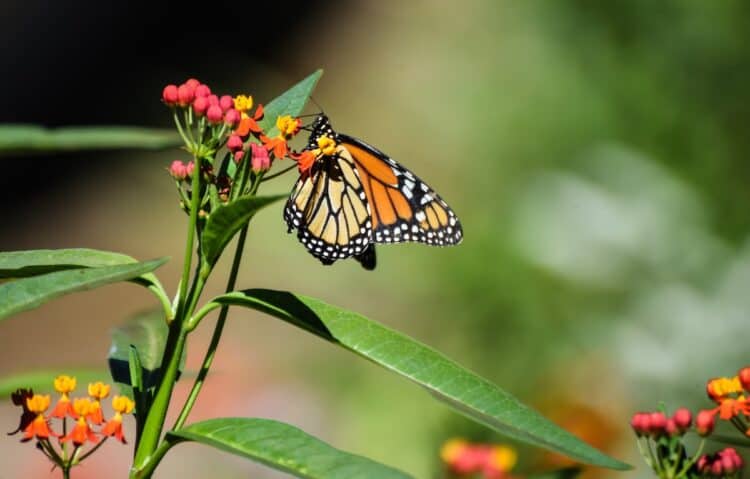
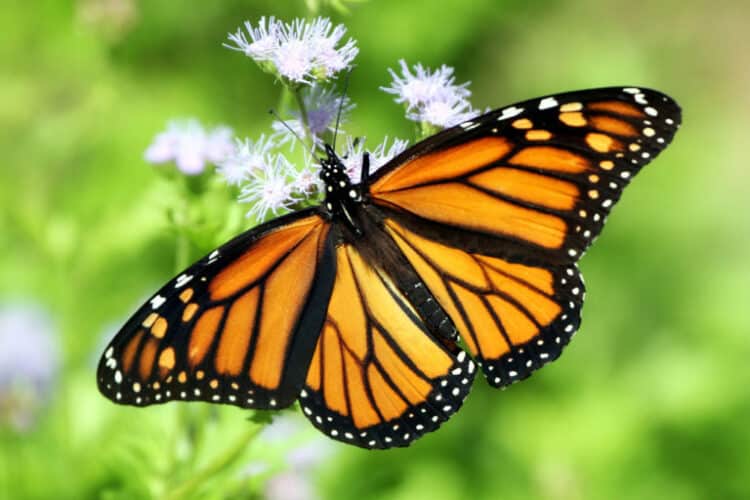
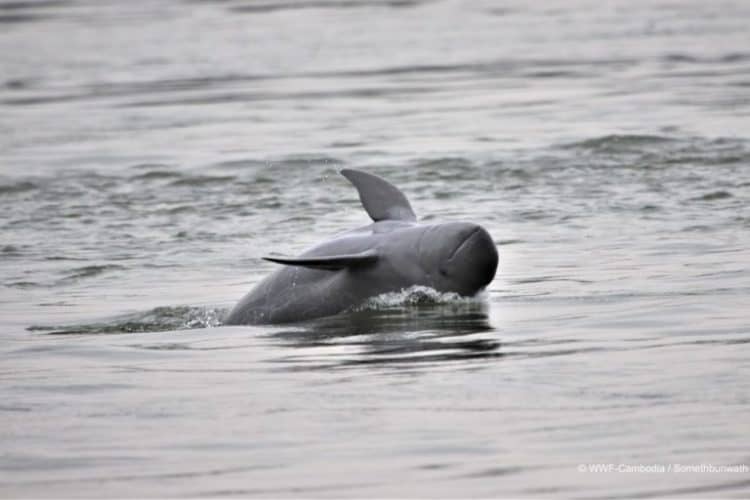
Leave a Reply